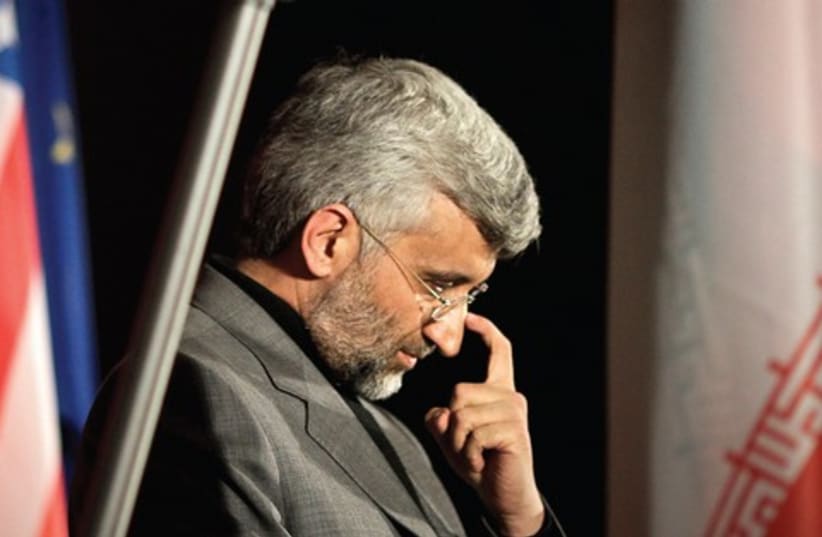The writer is professor of international relations at the Center for Global Affairs at NYU. He teaches international negotiation and Middle Eastern studies.
At the core of the Turkish-Israeli rift is Iran
Turkey might think it has been gaining influence on the Arab street, its embrace of Teheran has diminished its credibility in Arab capitals.

The writer is professor of international relations at the Center for Global Affairs at NYU. He teaches international negotiation and Middle Eastern studies.